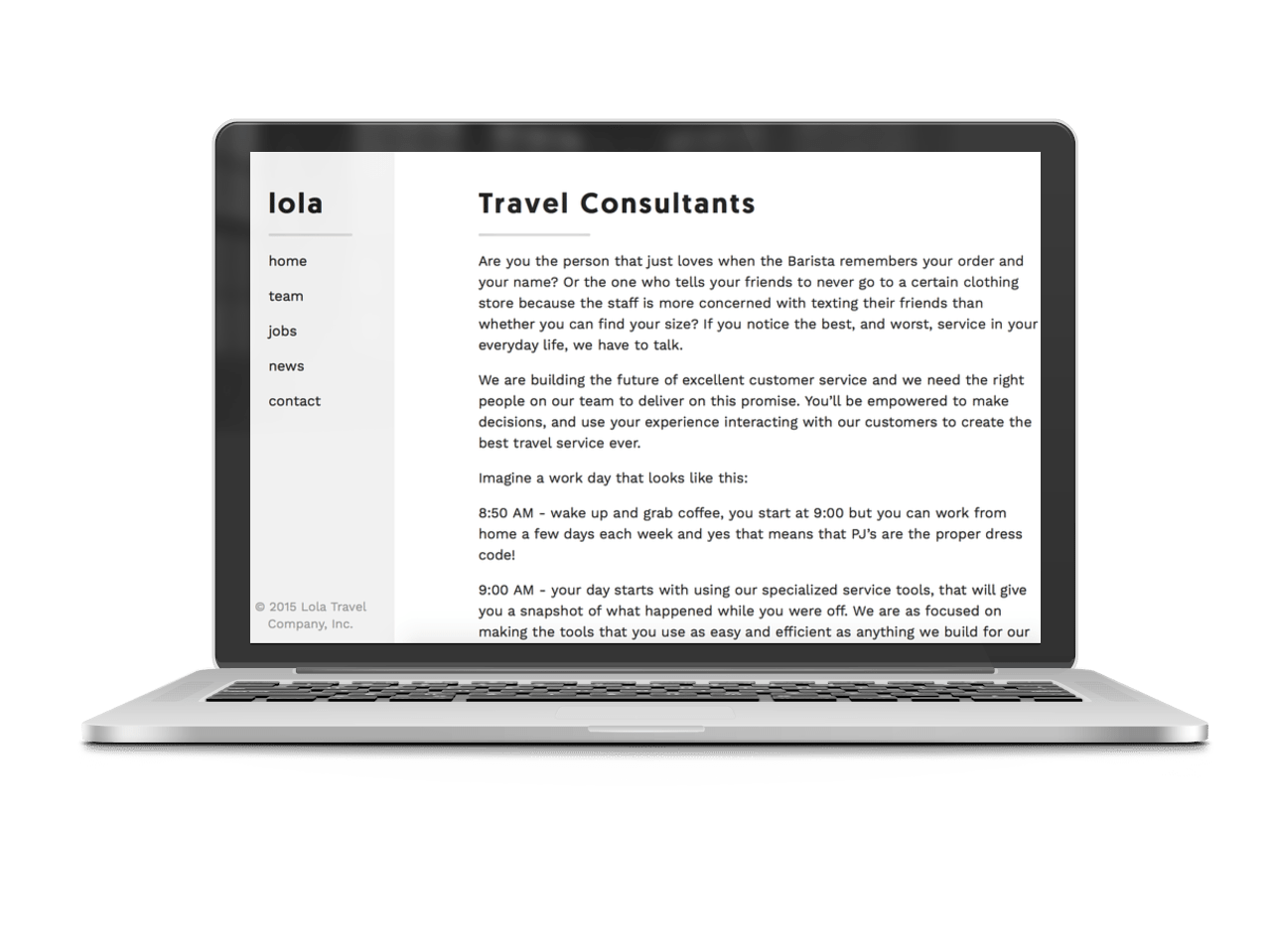Kayak Co-Founder Hiring 100 Travel Agents in Bid to Redefine Online Booking

Skift Take
The biggest things that Lola have going for it are co-founders Paul English and Bill O'Donnell and their track record in travel tech and mobile. Apart from that, Lola faces headwinds in really going against the grain of instant bookings and digital-only travel. It's a very ambitious project with huge challenges.
Kayak co-founder Paul English's new travel startup, Lola, plans to hire 100 full-time travel agent employees by the end of 2016 in a bid to re-engineer the travel agency model and to redefine the dynamics of online and offline travel.
The startup, previously known as Blade Travel as a placeholder for the just-revealed brand name, will launch a private beta of its consumer app by the end of the week, with plans for a public launch of the mobile app in the first quarter of 2016. We exclusively reported on English's plans at Blade in July.
Lola (short for longitude and latitude) currently has 31 employees and projects it will have a workforce of 250 employees, including 100 full-time travel agents with salaries, benefits and stock options by the end of 2016. Lola previously attracted $21 million in funding from former Kayak funders Accel Partners and General Catalyst Partners and is in the process of raising a Series A1 round, enough to operate the company for 18 months, English said.
English, co-founder and CEO of Lola Travel, as the company is formally known, said December 2 at an event at the company's Boston offices that the consum

